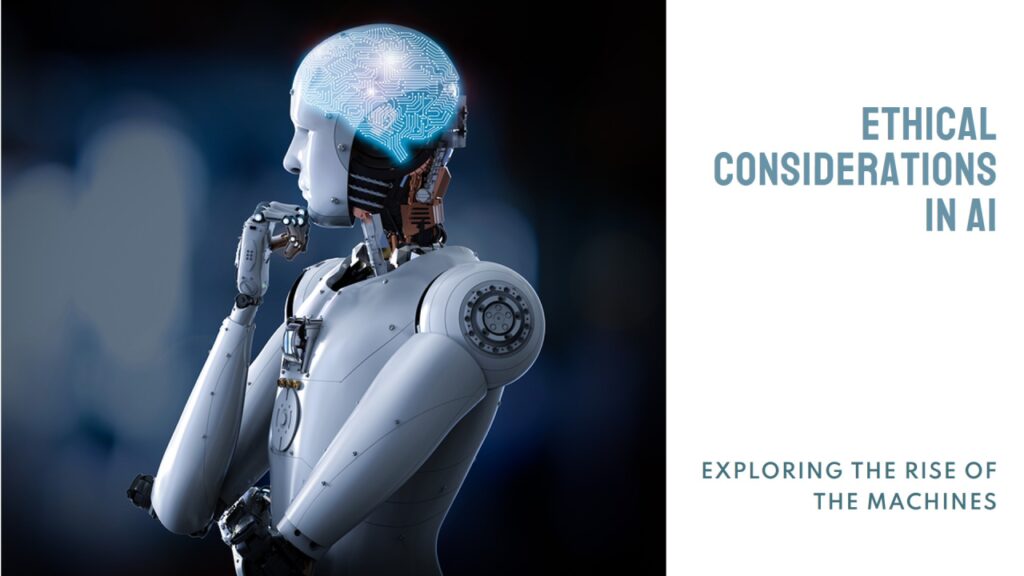AI and robotics have revolutionized industries like healthcare, transportation, finance, and manufacturing, bringing benefits like increased productivity and efficiency. However, ethical concerns have also emerged, such as potential job loss, biased decision-making, and privacy issues. Collaboration between policymakers, industry leaders, and researchers is essential to address these concerns and ensure ethical development and deployment of AI technologies. Regulations to protect jobs, transparency in AI algorithms, and data security measures are crucial steps. By carefully considering and addressing ethical implications, AI and robotics can be used responsibly for the benefit of society.
Exploring the Ethical Implications of AI and Robotics
Introduction
Artificial Intelligence (AI) and robotics have made significant advancements in recent years, revolutionizing various industries and improving efficiency in tasks that were previously considered impossible for machines to perform. While these technological advancements have undoubtedly brought numerous benefits to society, they have also raised ethical concerns that must be carefully considered.
Benefits of AI and Robotics
AI and robotics have transformed industries such as healthcare, transportation, finance, and manufacturing by automating processes, increasing productivity, and reducing human error. In healthcare, AI-powered robots are being used to assist in surgeries, diagnose diseases, and provide personalized patient care. In transportation, autonomous vehicles have the potential to improve road safety and reduce traffic congestion. In finance, AI algorithms are being used to detect fraud and make faster and more accurate investment decisions. In manufacturing, robots are increasing efficiency and precision in production lines.
Ethical Concerns
Despite the numerous benefits of AI and robotics, there are several ethical concerns that arise from their widespread use. One of the main concerns is the potential loss of jobs as humans are replaced by machines in various industries. This can lead to economic instability and social inequality if not properly managed. Another concern is the lack of transparency and accountability in AI algorithms, which can lead to biased decision-making and discrimination. Additionally, there are concerns about privacy and data security as AI systems collect and analyze vast amounts of personal information.
Implications for Society
The ethical implications of AI and robotics have far-reaching consequences for society as a whole. It is essential for policymakers, industry leaders, and researchers to collaborate and address these concerns to ensure that AI technologies are developed and deployed ethically. This includes implementing regulations to protect jobs, ensuring transparency and accountability in AI systems, and safeguarding privacy and data security.
Conclusion
In conclusion, the ethical implications of AI and robotics are complex and multifaceted. While these technologies offer tremendous benefits to society, it is crucial to address the ethical concerns that arise from their use. By carefully considering the implications of AI and robotics and implementing ethical guidelines, we can ensure that these technologies are developed and used in a responsible and beneficial manner.
